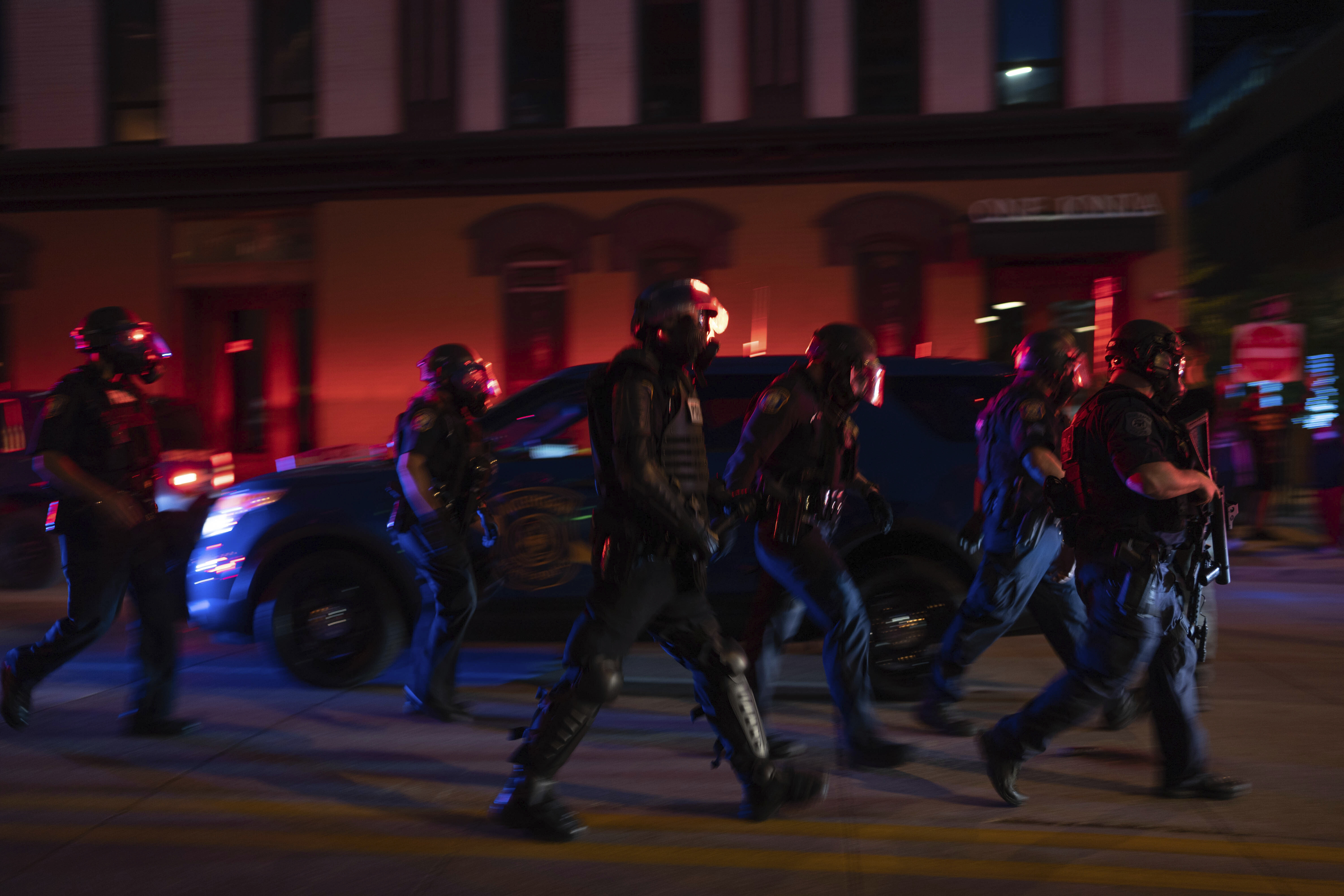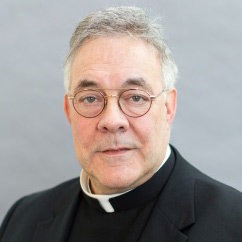Grand Rapids, my home for the last 30 years, a tranquil and polite place, has recently experienced demonstrations and violence like other American cities. A lot of confusion and pain abound. A few weeks ago, protests for George Floyd and his death at the hands of Minneapolis police officers saw groups attacking the police station and local businesses. How do we begin to make sense of this?
It is important that I begin by acknowledging the reality of racial prejudice. Given its obviousness it is odd that it should need to be acknowledged by anyone, but I have seen too many conservatives who attempt to qualify its reality for fear that in doing so they give ground to progressive forces seeking their own agendas. But it’s clear to me that it is not a coincidence that Black men continue to be brutalized. These actions occur not just at the hands of police, but at the hands of others animated by racial hatred. The fact that this holds true for people of color generally, of both sexes and many ethnicities, and is intolerable, in no way undermines my conservative/classical liberal principles. Ignoring this reality is not acceptable — precisely because of those principles. In fact, I see in those principles a way to move forward and heal wounds.
At the American founding there was a contradiction most wrenchingly revealed in the institution of slavery. How could a society predicated on inalienable rights, endowed and possessed not by virtue of law or government or race, but by human nature itself, tolerate human bondage?
Many today will claim that the Founders’ philosophy itself is to blame due its protection of private property, the vision of limited government rooted in a religious culture that holds its institutions together. These ideas and the institutions they engendered are not a mistake. They are a necessity, now more than ever. In fact, the weakening of these institutions is at the root of the chaos we are witnessing.
George Floyd’s death, combined with the demonstrations and the violence that at times have resulted, place squarely on the table questions about our society’s values. If this can be a moment of clarification, that will be a good thing. If not, the cycle of resentment, polarization and destruction will continue. How can we move forward as a society that is vibrant, engaging, inclusive, productive and peaceful?
The potential for healing was seen the next day here in Grand Rapids. Early Sunday morning, following Saturday’s destruction, I drove downtown and circled the area where the violence had taken place. The streets of downtown were filled with people, many of whom would normally have been in church. They brought brooms, shovels and trucks. They brought pizzas and coffee. By eight in the morning, they had already cleared much of the debris. I am unaware of any organized effort that produced this. There were no press conferences to call attention to what people were doing, and no leaders to speak out; no sign-up lists.
The culture that tolerates racism or promotes violence represents one vision of what social engagement might look like. A destructive vision. It is Marx’s taxonomy, and it is as ancient as Original Sin. It is the easiest thing in the world to destroy something. To build is another matter altogether.
This other, creative vision sees free human cooperation as the means by which people can flourish together, form communities and become resilient, precisely because of the differences in knowledge and perspective.
The society that destroys, that confiscates, that seeks to only redistribute but never to create is ultimately a destructive society.
However, a society, a moral culture, that can spontaneously inspire people to come out on a Sunday morning with brooms and buckets to clean up the mess is one that can endure and prosper. It emerges when people believe in law and private property.
It is a culture that protests insults to human dignity and resists the encroachments of government and the militarization of its police. It is a society that presumes that first neighbors act when there is need, not calling upon higher government to be the central actor. It is a society that holds hope for the future by the value it places on human life, property, and social cooperation. And it depends on the participation from all people with varied talents, knowledge, and backgrounds. That is the society which we must make a reality for the next generation. It is the vision of America’s founding, and it must be retrieved.
The article originally appeared in The Detroit News on June 20, 2020

